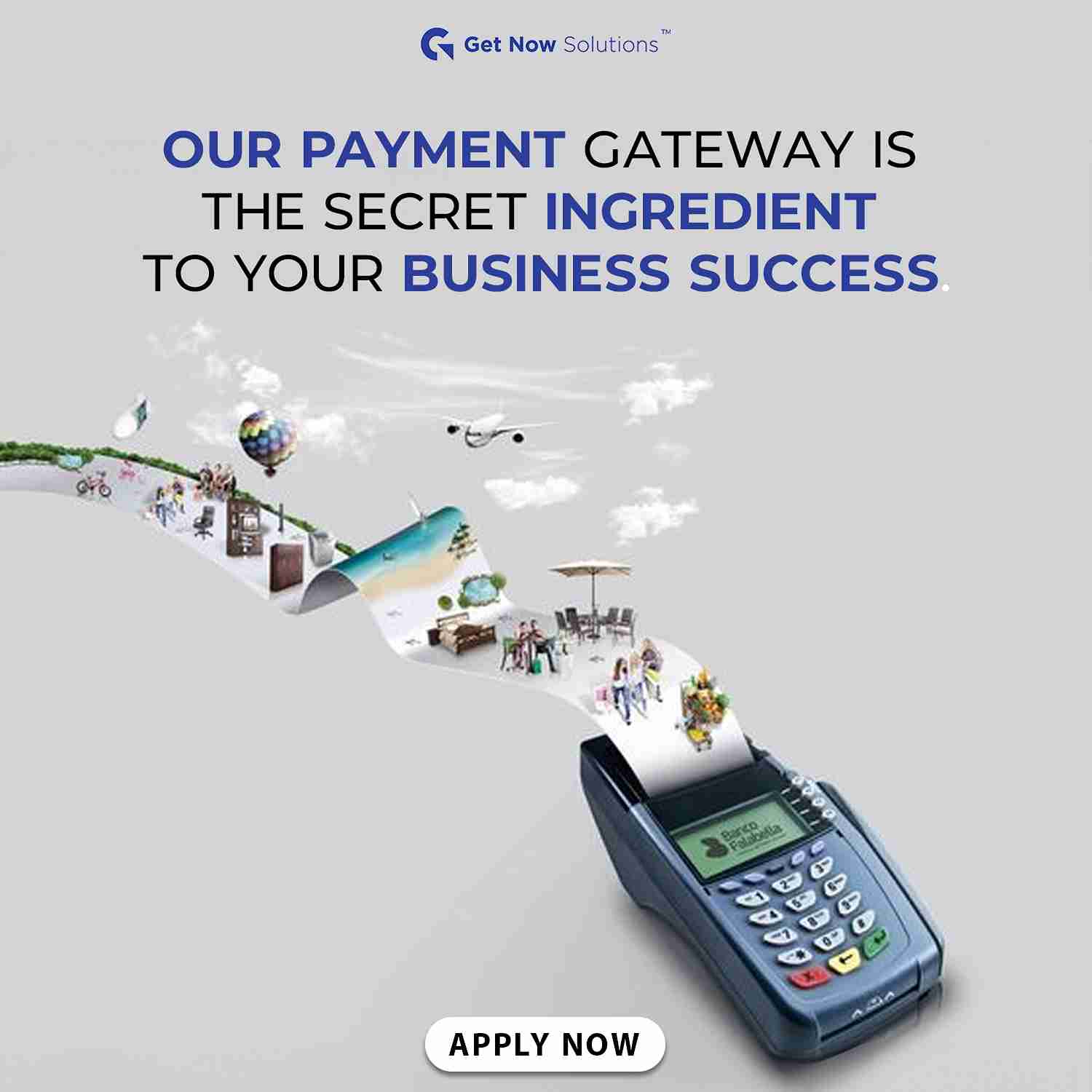
Understanding How to Choose the Right Payment Partner
Online payment gateways are essential for processing digital transactions, providing businesses with secure and seamless payment solutions. To function efficiently, these gateways often form various partnerships. Each type of partnership plays a crucial role in enabling smooth transactions for customers and businesses alike. Let’s explore the different types of partnerships in online payment gateways.
Right Payment Partner
1. Payment Processor Partnership
Payment processors are companies that handle the entire transaction process from start to finish. By partnering with payment processors, online payment gateways gain the ability to process payments from customers’ bank accounts, credit cards, or digital wallets. Payment processors ensure transactions are completed quickly and securely. This partnership is essential for offering a wide range of payment options to customers.
2. Merchant Bank Partnerships
Merchant banks, also known as acquiring banks, work closely with online payment gateways to facilitate credit and debit card transactions. These banks maintain the accounts where merchants receive their funds. By partnering with merchant banks, payment gateways enable businesses to accept card payments and manage their revenue streams efficiently.
3. Payment Service Provider (PSP) Partnership
Payment Service Providers (PSPs) offer businesses access to multiple payment methods through a single interface. By partnering with PSPs, online payment gateways can simplify the payment process for businesses by offering them one unified platform to manage all transactions. This partnership is especially beneficial for small and medium-sized enterprises (SMEs) that need cost-effective and easy-to-use solutions.
4. Fraud Prevention and Security Partnerships
Security is a top concern in online transactions. Payment gateways often partner with fraud prevention companies to ensure that customer data is secure and that fraudulent transactions are minimized. These partners provide tools for risk analysis, encryption, and real-time monitoring, enhancing trust and safety for businesses and customers.
5. Card Network Partnerships
Card networks such as Visa, MasterCard, and American Express are integral to online payment processing. Payment gateways form partnerships with these networks to ensure they can handle transactions involving these cards. This collaboration helps gateways authorize and settle payments made with credit and debit cards, making it possible for customers to pay using widely accepted card brands.
6. Digital Wallet Partnerships
With the rise of digital wallets like PayPal, Apple Pay, and Google Pay, online payment gateways increasingly partner with these platforms. These partnerships enable businesses to offer customers alternative payment methods that are quick, convenient, and secure. Digital wallet partnerships are key to catering to tech-savvy consumers who prefer using mobile-based payment solutions.
7. International Payment Partner
For businesses looking to expand globally, payment gateways often partner with international payment providers. These partnerships allow gateways to handle cross-border transactions, manage currency conversions, and comply with local regulations. By doing so, they ensure that businesses can reach a wider audience and accept payments from customers around the world.
Conclusion
The different types of partnerships in online payment gateways are essential for ensuring smooth, secure, and efficient payment processing. From partnering with payment processors to forming alliances with fraud prevention services and digital wallet platforms, each partnership contributes to the overall success of online transactions. By leveraging these partnerships, businesses can offer customers a seamless and secure payment experience.












